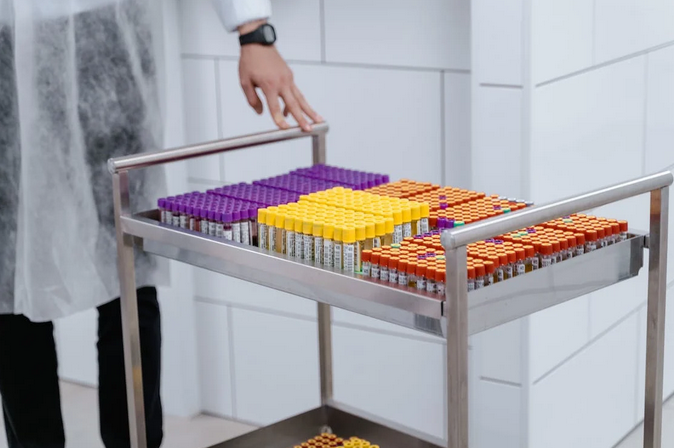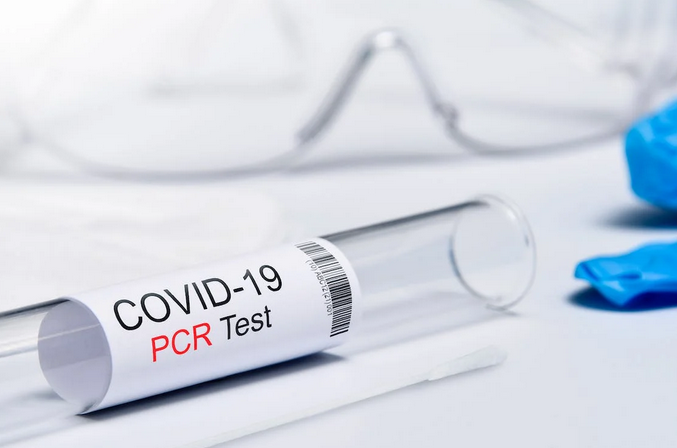In the landscape of modern healthcare, diagnostic tools play a pivotal role in timely and accurate disease detection. Among these tools, Rapid Polymerase Chain Reaction (PCR) Testing stands as a game-changer. This article aims to unravel the profound significance of Rapid PCR Testing in revolutionizing healthcare diagnostics.
Certainly, the nasal swab covid test, an application of Rapid PCR Testing, exemplifies the practicality and efficacy of this diagnostic method. Through a simple nasal swab, Rapid PCR Testing efficiently detects the genetic material of the virus, allowing for rapid and precise identification of COVID-19 infection. This non-invasive procedure is preferred for its ease and speed, offering patients a more comfortable experience compared to other sample collection methods.
The Evolution of PCR Testing: From Conventional to Rapid Diagnostic Tools
PCR Testing has undergone a remarkable evolution. Initially, traditional PCR tests offered unparalleled accuracy but required longer processing times. Rapid PCR Testing, a contemporary iteration, retains accuracy while drastically reducing turnaround times, enabling prompt diagnosis and intervention.
Real-Time Results for Enhanced Patient Care
One of the foremost advantages of Rapid PCR Testing is its ability to deliver near-real-time results. Healthcare providers gain swift insights, enabling prompt treatment decisions and infection control measures. This rapid turnaround time aids in curbing disease spread and optimizing patient care.
Impact on Infectious Disease Management
Rapid PCR Testing has become a cornerstone in infectious disease management, especially in scenarios demanding immediate action, such as the COVID-19 pandemic. Its quick detection capability aids in contact tracing, outbreak containment, and efficient allocation of healthcare resources.
Precision and Reliability: Ensuring Accurate Diagnoses

Despite the swift results, Rapid PCR Testing maintains the high accuracy and reliability synonymous with traditional PCR methods. Its sensitivity and specificity remain crucial in identifying pathogens accurately, contributing significantly to patient care.
Enabling Point-of-Care Diagnostics and Remote Healthcare
The advent of Rapid PCR Testing has empowered point-of-care diagnostics, allowing healthcare professionals to conduct tests in various settings, including clinics, emergency rooms, and remote locations. This accessibility fosters quicker interventions and improved healthcare outcomes. Moreover, the integration of the nasal swab test into healthcare protocols has streamlined screening efforts, enabling healthcare providers to swiftly identify and isolate infected individuals, consequently mitigating the spread of the virus within communities and healthcare facilities.
Future Prospects and Advancements in Rapid PCR Technology
Continual advancements in technology promise further enhancements in Rapid PCR Testing, including increased automation, improved sensitivity, and expanded multiplexing capabilities. These innovations hold the potential to transform healthcare diagnostics further.
Rapid PCR Testing emerges as a transformative tool in modern healthcare. Its speed, accuracy, and portability have redefined diagnostic capabilities, offering healthcare providers a crucial advantage in prompt disease detection and management. As technology advances, the future of Rapid PCR Testing holds immense promise, heralding a new era in precision diagnostics and improved patient care.…

